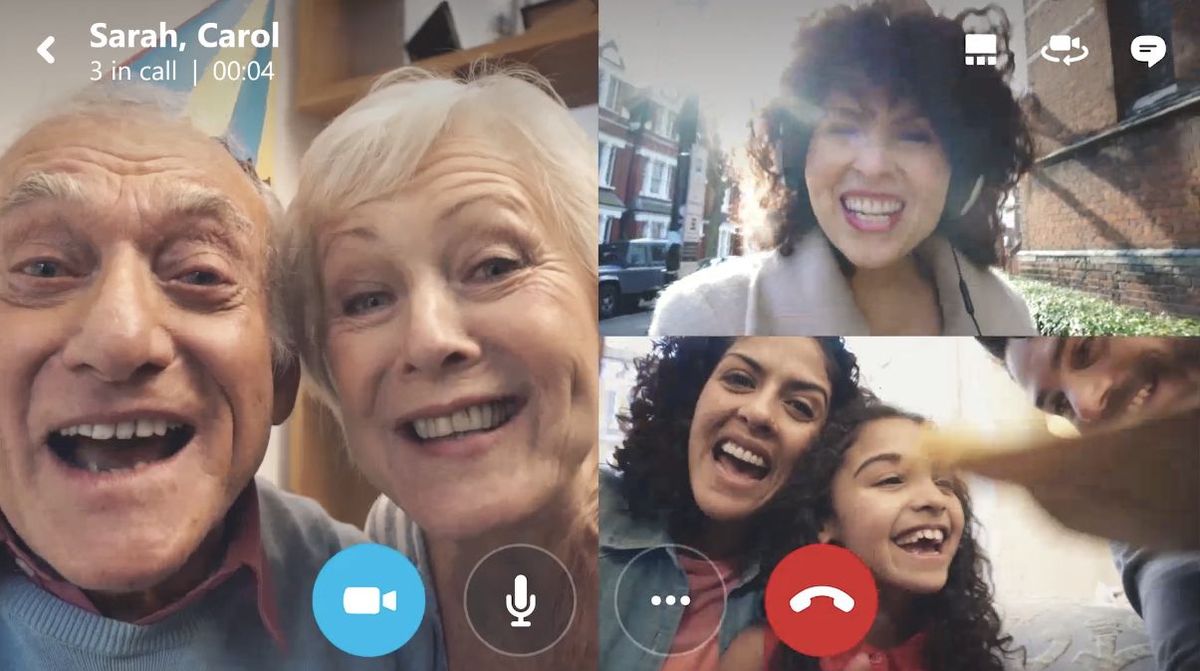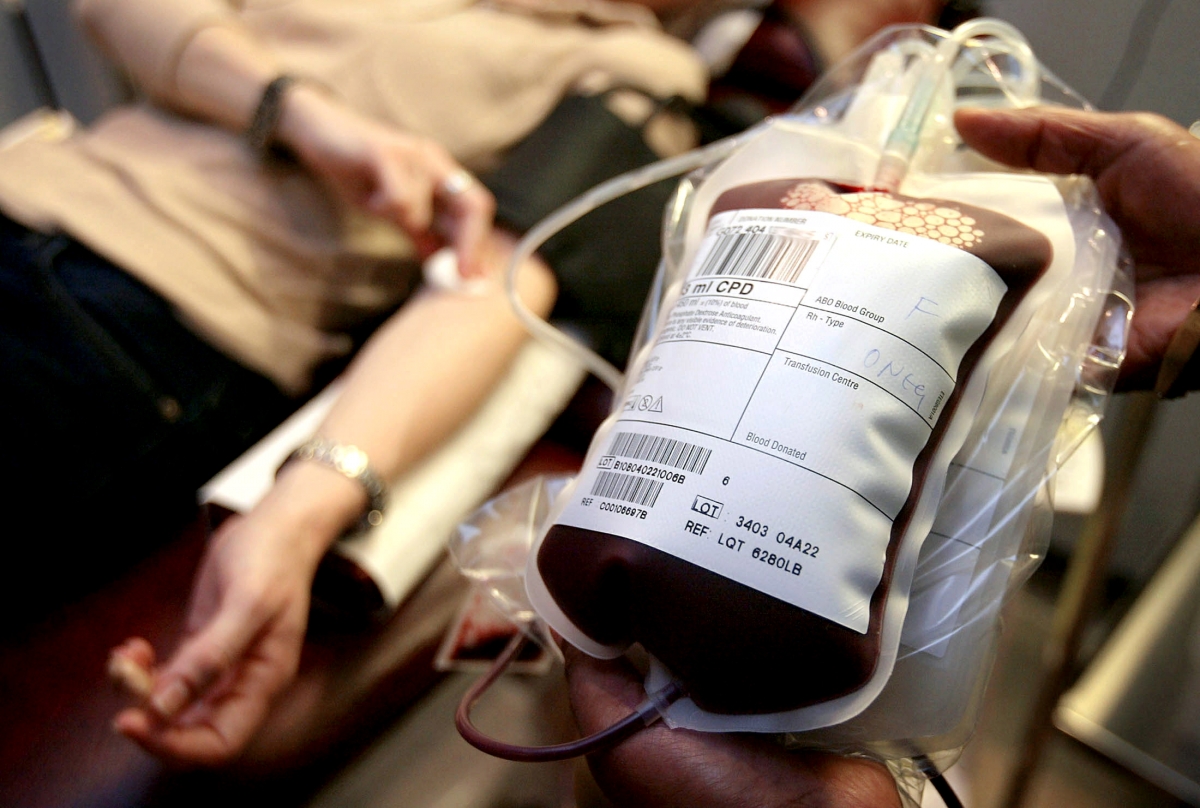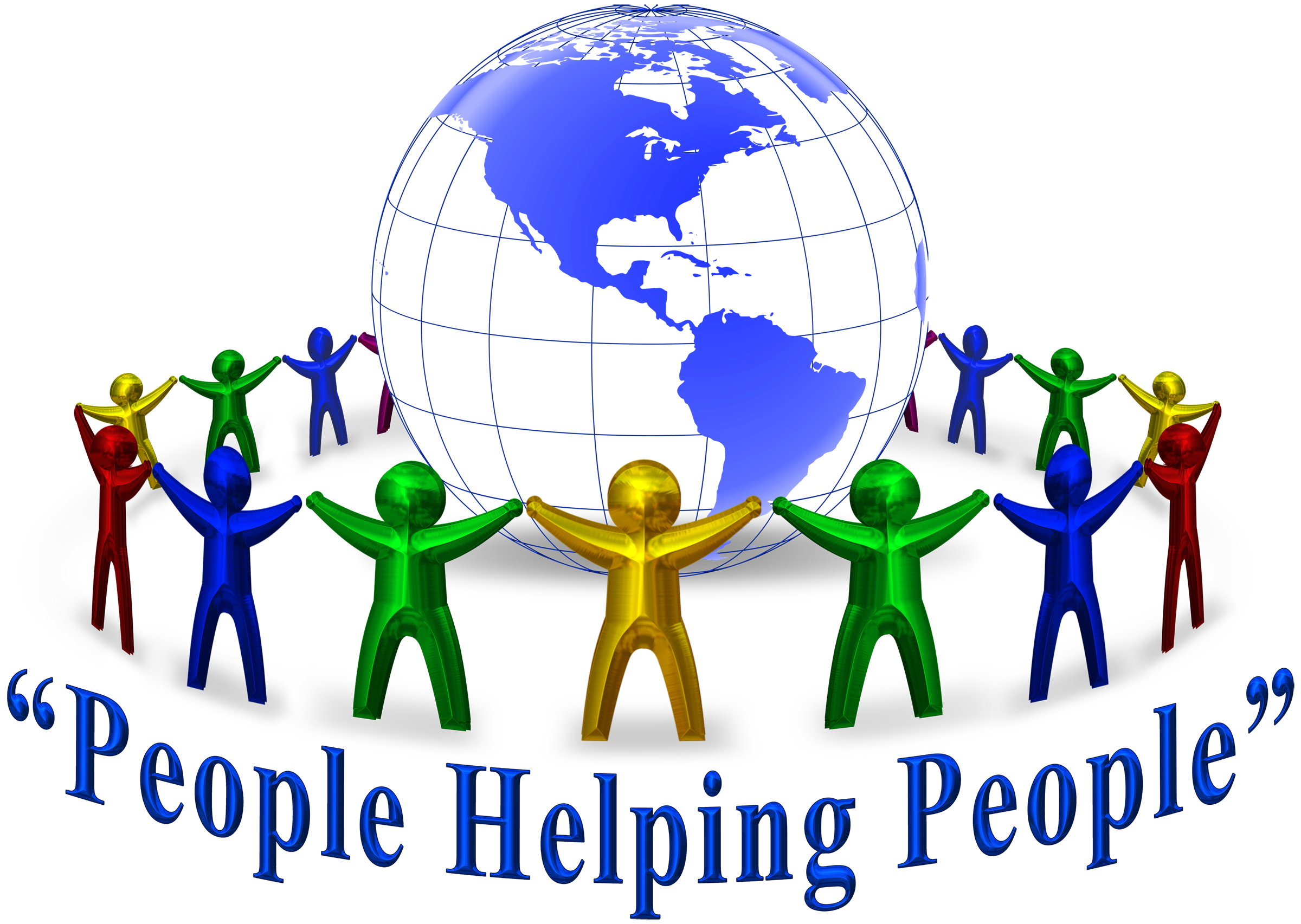As news regarding the Covid-19 outbreak continues to control
the news report and millions of people all over the world—is being urged to
self-quarantine, it has become consistently vital to give as much awareness to
our mental health as we do to our physical health.

It is necessary to note that heightened levels of anxiety,
worry, and fear are common responses to the global coronavirus pandemic. The
virus worsens feelings of doubt and causes one keenly conscious of the wellness
of themselves, their kids, household, and society in general.
Stressful or traumatic experiences place people at higher
risk for not solely weak physical well-being, though poor mental health
consequences, like PTSD, depression, and anxiety. You may see that people
around you or yourself are more tense, moody, or angry; feeble; afraid or
troubled; hopeless, down, or pessimistic. Sleep may be disturbed and less
stimulating. Doing social distancing may cause you to feel abandoned or
detached. You may have less patience than before in case you are at home with
kids.
How to Protect the Mental Health
Cut back Screen Time
While striving to stay informed regarding what the most
desirable way forward is in social media, all possible situations, falsity, and
infoxication can develop a downward twist. Try to manage your social media time
to a minute or two every day, and when you are online, seek to communicate with
people or view stories that make you happy and won’t be adding to your anxiety.
Your brain is developed to fix the dilemma. And it
automatically hunts down stimuli in your surroundings to recondition the
feeling of anxiety. The brain then eliminates, changes, and theorizes all
incoming insights that do not follow with your current emotional beliefs or
disposition. Therefore, in case you consume a notable amount of time watching
the news, it strengthens more reason to fret— hence generating a chain reaction.
Know That This Will End
Even though as of this moment, the pandemic feels abounding,
we have to put in our mind and our children that it will not be. Even when we
don’t know the precise interval, the demand for closures, social distancing,
and the life-altering occurrences aren't eternal. Acknowledging this causes it
a lot easier to endure.
Connect With People

Human interrelation is an essential factor for mental
health. Having social media platforms
can promote a feeling of uniformity and give helpful outlets for relieving
stress and sharing feelings. Ensure that you're giving this a priority,
regardless if you’re connecting with others via an online game, video call,
phone call, chat, or face-to-face.
Get Info From Reliable Sources
It’s best to remain informed about what is happening though
there are merely many things happening day in and out. And it can be hard to
recognize what is truth and what is a twitter chain message when you add in the
inaccuracy. Expert recommends lessening your social media usage and simply
connecting to notable resources to stay updated on important and accurate news.
Exercise with the Family

Social isolation can prompt somber feelings and even
despair. Exercise is reliably acknowledged to battle these feelings, therefore
use in-home devices and search workouts through the web.
Have a regular bike rides or walks in case you are not
quarantined, particularly for kids. I recommend exercising at least three times
weekly for a minimum of half an hour. Established a daily, scheduled times for
workouts.
Self-Care
When anxiety intensifies, it is natural for us to emancipate
our concrete self-care habits, prioritizing other projects—such as household
and work tasks. Still, this is the point we have to follow self-care the most.
Therefore establish a few times for yourself daily, despite being shrunken
back, to create something that makes you feel great. Regardless if it's
listening to your favorite music or podcast, playing with your pet, reading a
book, or journaling. Additionally, don't forget the crucial self-care exercises
such as daily physical activity, having enough sleep, and eating healthy.
Talk to Professionals
At this time, numerous mental health experts are offering teletherapy while travel and personal communication aren’t advised during this
pandemic. Try communicating with a
mental health specialist even though you haven’t before. Ensure you have
continuous access to all medicines you need.
Bear in mind that the feelings you may be experiencing are
common responses to stressful situations. Acknowledge that things are different
as of the moment and people are adapting. Prioritize what’s more essential and
understand that it’s fine to allow some things to go here and now.
Seek to remain positive and work this time to kick and hang
around with your spouse or kids, work things you’ve been delaying, like
interacting with your creative side, acquiring a new skill, or taking an online
class. Keep in mind that things will return to normal and this too shall pass.

























